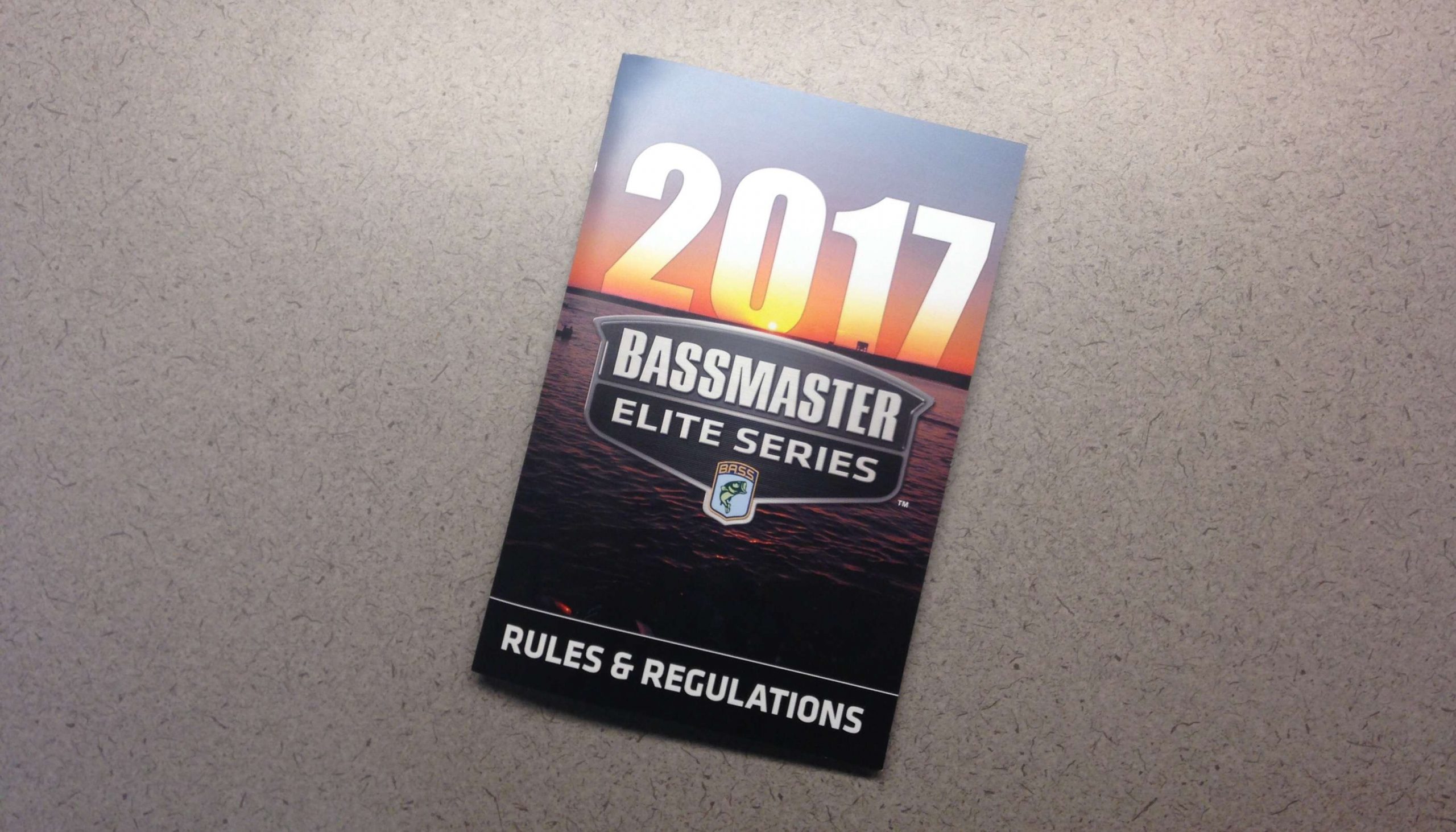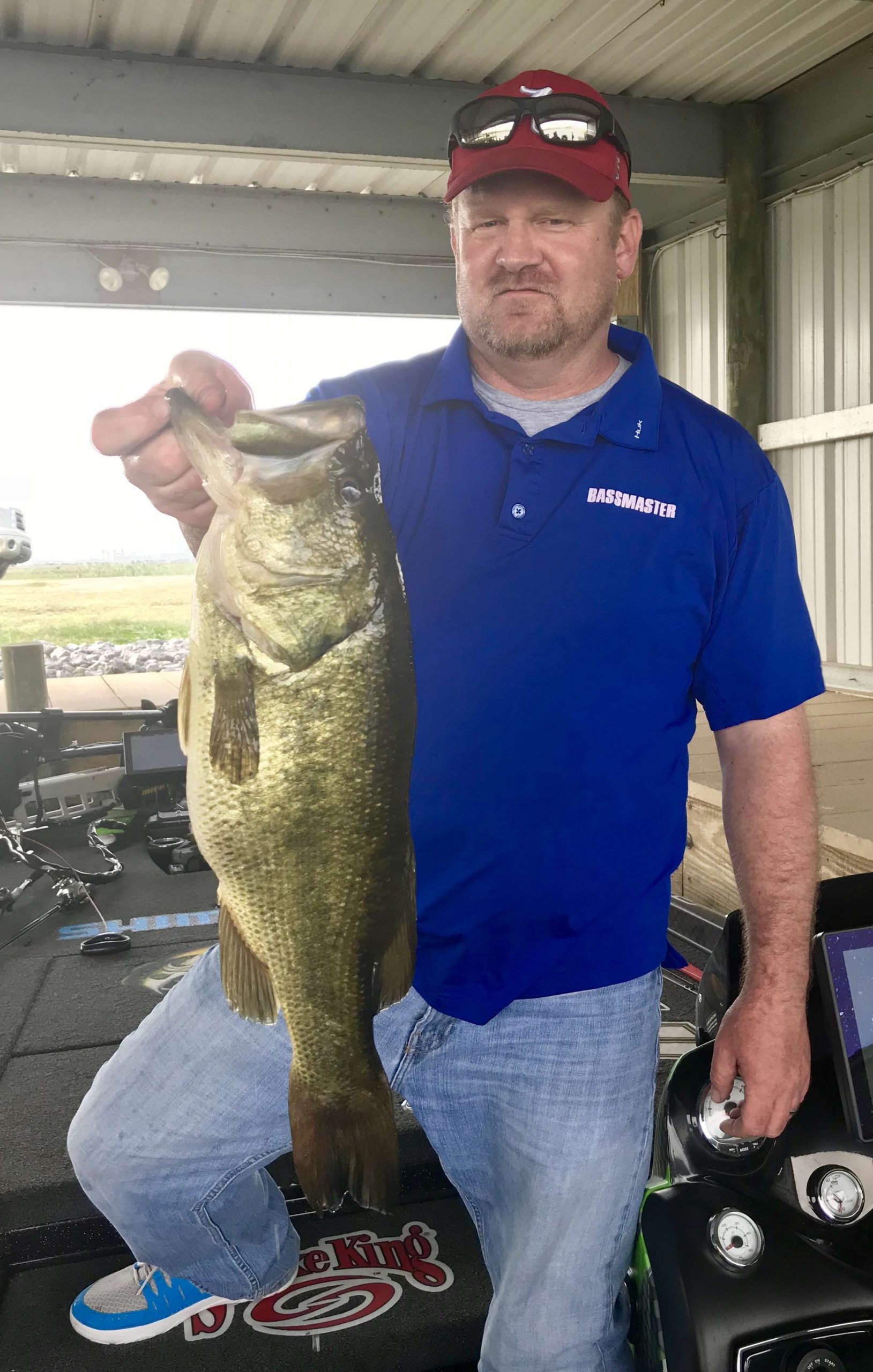
Raise your hand if you knew it was legal for Indiana angler Jacob Wheeler to do what he did at the Bassmaster Elite at Cherokee Lake back in February.
Seriously.
Raise your hand and take a big step forward if you knew an Elite Series angler could get in the boat with a fellow competitor and fish like he was a partner in a team tournament, all because he had mechanical problems with his own boat.
Yeah, me neither.
I had no idea it was legal to do that on the Elite Series.
But it is — and Wheeler knew it as soon as his trolling motor stopped working on Day 3 of an event he would eventually win with 69 pounds, 13 ounces.
When he moved to the Elite Series after a prosperous career with FLW, Wheeler said he sat down and read the rulebook for his new tournament trail from cover to cover.
Then he read it again.
So, when his trolling motor died due to a bad battery, he started calling everyone he thought might be close by. He reached Elite Series rookie Dustin Connell from Alabama who said, “Hop in.”
Wheeler caught a couple of big fish that afternoon from the front deck of Connell’s boat and weighed in 17 pounds, 1 ounce to move into third place.
That’s how a smart competitor plays it.
He does everything he can — within the rules — to try and land in the winner’s circle.
You see it in sports all the time.
If you’re a football fan, you might remember the age of tear-away jerseys.
Introduced by Russell Athletic during the late 1960s, the tear-away was made of a paper-thin, lightweight fabric that would fall to pieces when grabbed by a tackler. Sometimes running backs would go through four or five jerseys per game, but they gained a lot more yards because of them.
Imagine what today’s running backs — 240-pounders like LSU’s Leonard Fournette and Alabama’s Derrick Henry — might have done in a tear-away jersey.
That’s all you can do is imagine, because tear-aways were banned during the late 1970s – and that brings us to the most interesting part of the discussion.
What Wheeler did was legal. But should it be?
Some have already suggested he operated outside the true spirit of the rule. Others have insisted the rule should be reworded for next season.
Here’s how the rule (C15 of the Elite Series handbook) reads:
In breakdown situations and with the Marshal’s permission, anglers may transfer their fish to another competitor’s boat, or a tournament official designated rescue boat, and ride to check-in, and they may leave their Marshals with the disabled boat. In such cases, anglers must stay with their catches at all times. If time allows, two Elite anglers riding together may fish until check-in.
It’s the first three words of the rule that people have questioned the most.
Was Wheeler’s trolling motor outage really a “breakdown situation” or just an annoyance that all fishermen have to deal with from time to time?
The rule doesn’t specify, but I wouldn’t be surprised if it does next year.
When the NFL banned tear-away jerseys in 1979, the rule was referred to by many as the “Greg Pruitt rule.” Pruitt was a lightning-quick little running back for the Cleveland Browns who was almost impossible to tackle if you couldn’t grab a handful of jersey.
Maybe next year, rule C15 will be modified in some way and referred to going forward as the “Jacob Wheeler rule.”
Or maybe it won’t.
As always, B.A.S.S. officials will do what’s best for the sport.
Either way, for one moment in time, the rule and Wheeler’s utilization of it made for some interesting discussion in the world of professional bass fishing.
More importantly, it served as a reminder to all tournament bass fishermen that a rules sheet should be more than a piece of paper you leave to fade in the sun on the dash of your truck.

